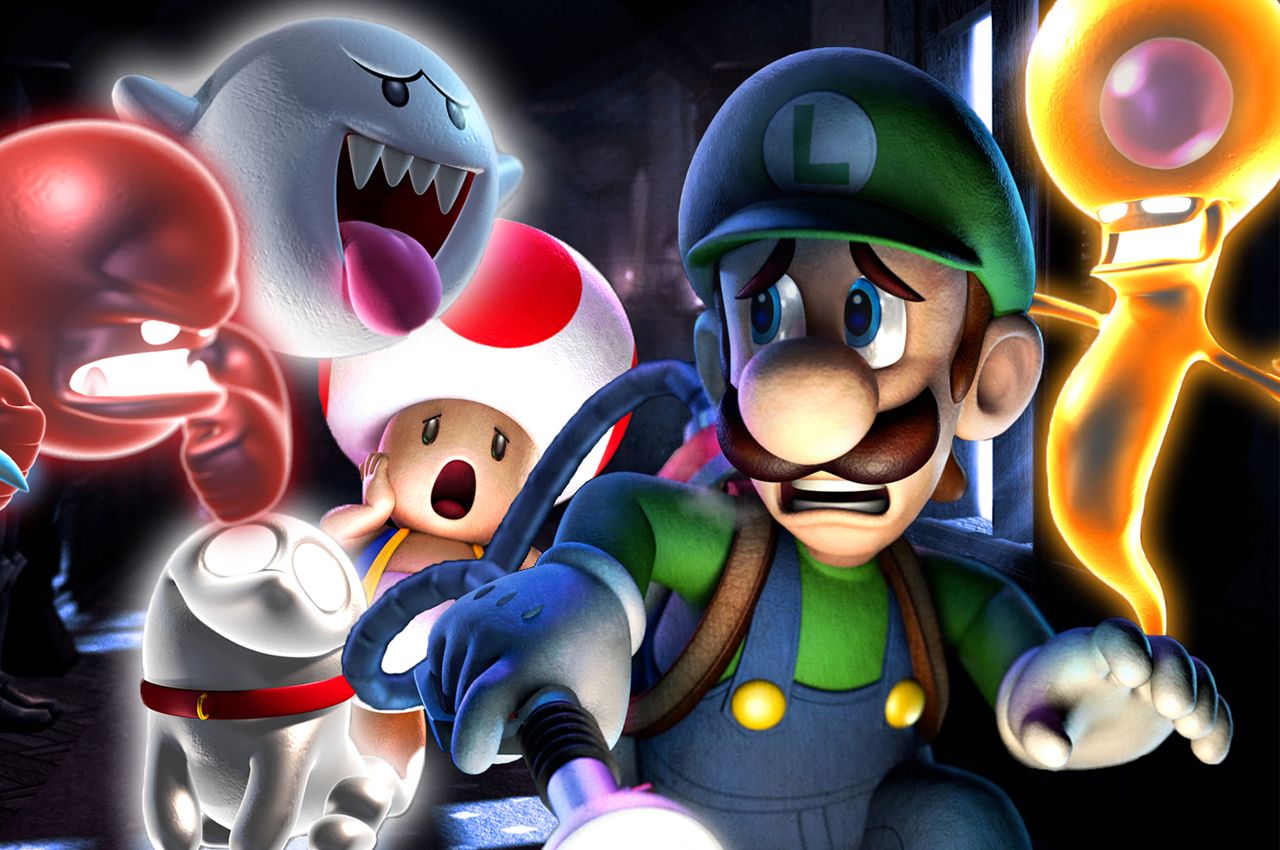If you fancy posting a video to YouTube of yourself playing Nintendo games, do it for the adulation only; Nintendo will make the cash from it.
That's the message coming from Zack Scott, a prolific poster of game walkthroughs on the video site - which can be found on his popular channel. He was shocked to find that he couldn't monetise his work on YouTube because Nintendo has claimed copyright over the content within and is earning the cash on his behalf.
As a YouTube partner, Nintendo is issuing "content ID match" claims on Scott's and other gamers' Let's Play videos which allow it to bookend the clips with its own advertising. It also prevents the video creators from claiming any form of payment themselves.
Although this is all above board and, to be fair to Nintendo, is not limited to the Japanese games company's products - Microsoft has a similar system in place - Scott says that it has made him think again about posting Wii U walkthroughs in the future. While he's currently playing his way through Luigi's Mansion Dark Moon, that will be his last.
"I think filing claims against LPers is backwards. Video games aren't like movies or TV. Each play-through is a unique audiovisual experience. When I see a film that someone else is also watching, I don't need to see it again. When I see a game that someone else is playing, I want to play that game for myself," he writes on his Facebook page. "Sure, there may be some people who watch games rather than play them, but are those people even gamers?
"I love Nintendo, so I've included their games in my line-up. But until their claims are straightened out, I won't be playing their games. I won't because it jeopardises my channel's copyright standing and the livelihood of all LPers."
Nintendo subsequently replied to Scott's concerns in a statement sent to GameFront. "As part of our ongoing push to ensure Nintendo content is shared across social media channels in an appropriate and safe way, we became a YouTube partner and as such in February 2013 we registered our copyright content in the YouTube database," it says.
"For most fan videos this will not result in any changes, however, for those videos featuring Nintendo-owned content, such as images or audio of a certain length, adverts will now appear at the beginning, next to or at the end of the clips. We continually want our fans to enjoy sharing Nintendo content on YouTube, and that is why, unlike other entertainment companies, we have chosen not to block people using our intellectual property."
To be honest, it's been a long-held misconception that original screengrabs or footage of games taken by a third party become their property to do with what they like - just look at the watermarking that goes on across the 'net. However, even when a games magazine or site takes its own screenshots and includes them, those within the media industry are often reminded that the images remain the copyright of the publisher of the game itself, not the magazine or website.
Does that make it right that Nintendo is earning money from other people's hard work, work that helps promote its games? That's the million dollar question. Perhaps literally.

